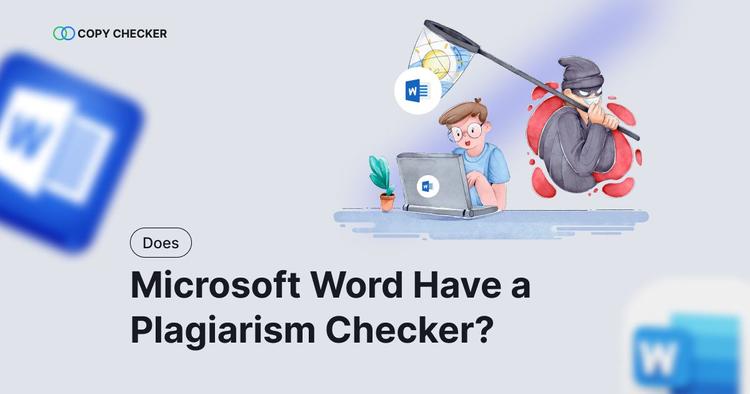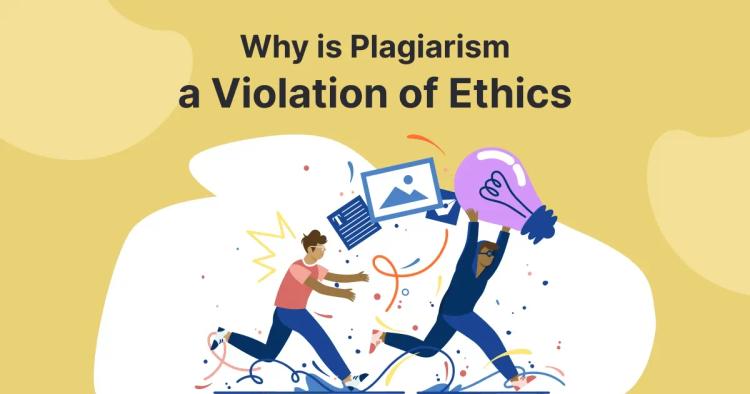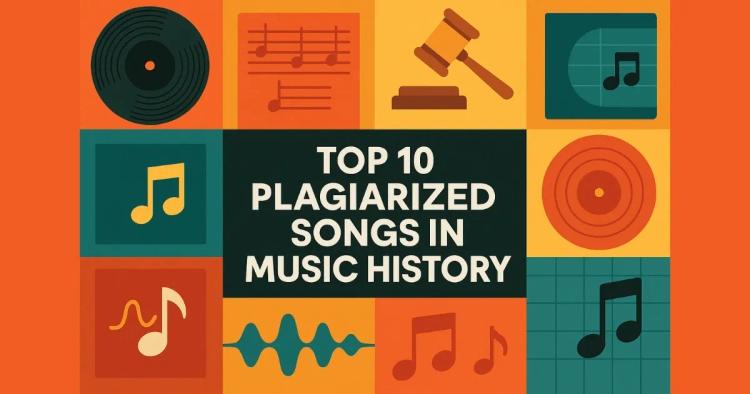Is Using AI Content Plagiarism? AI tools generate text by learning patterns from billions of words—but can they accidentally reprint someone else’s work? In this guide, you’ll discover how AI writing works, what AI plagiarism is, when it occurs, and practical steps (editing, citations, human review) to keep your content fully original.
ᴀᴅᴠᴇʀᴛɪsᴇᴍᴇɴᴛ
Whenever you need an extra check, our free plagiarism checker is ready to catch any overlaps, and you can sharpen your phrasing with our online grammar checker.
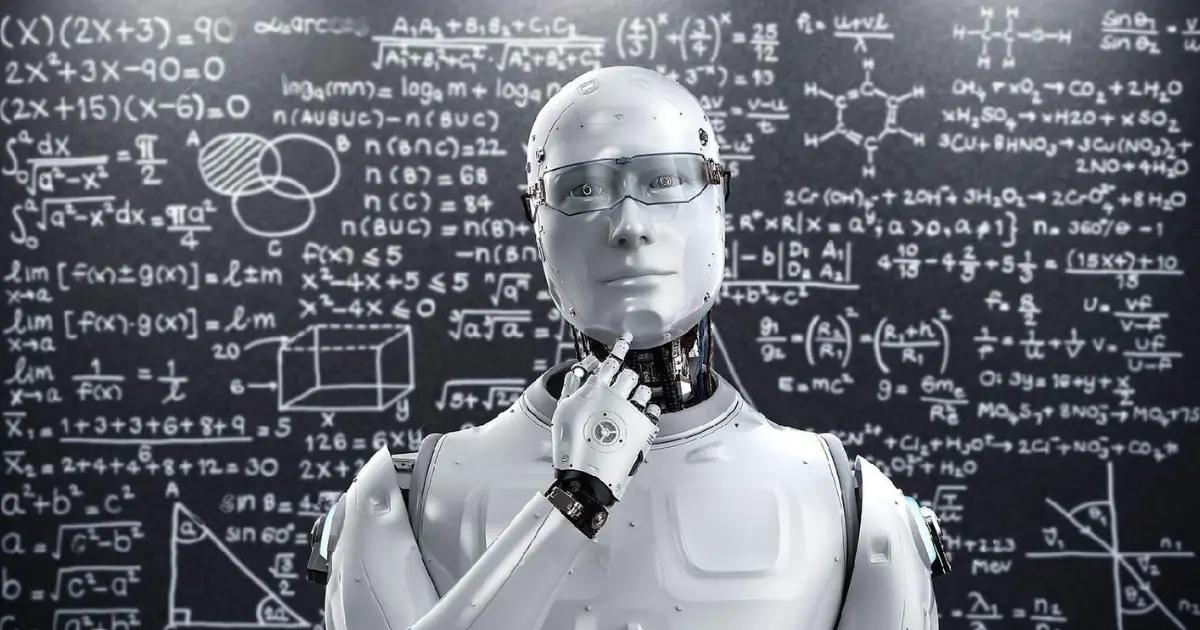
How AI Content Is Generated
AI writing tools learn from vast collections of text—everything from news articles to blog posts—to recognize patterns in language, style, and structure. When you give an AI a prompt, it predicts the next word over and over until it forms complete sentences that fit the context you’ve set.
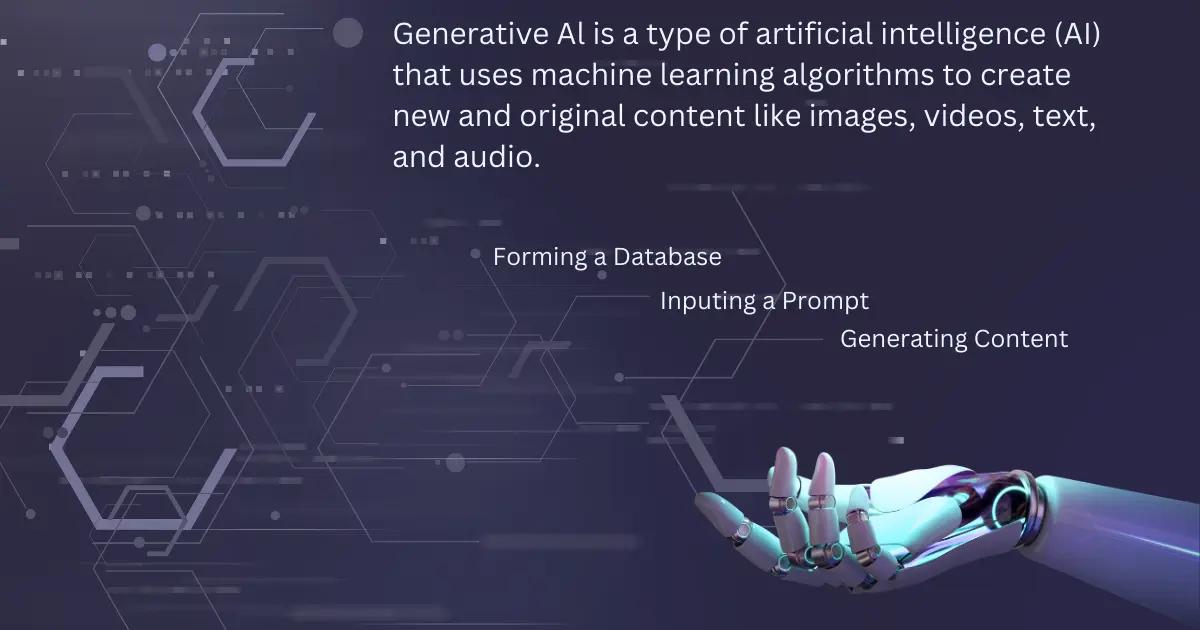
-
Training-based generation: The model digests examples (e.g., Wikipedia, web articles) and internalizes word associations, tone, and common phrasing.
-
Neural-network crafting: Advanced architectures like GPT use deep layers to “imagine” new wording rather than copy specific sentences, blending learned patterns into fresh prose.
Key Benefits of AI Copywriting
When used responsibly, AI drafts can turbocharge your writing workflow while maintaining quality and brand voice.
-
Speed: Generate first drafts or outlines in seconds, freeing you from staring at a blank page.
-
Consistency: Maintain uniform tone, style, and terminology across multiple articles or updates.
-
Scalability: Easily adapt content for different formats—blog posts, social media captions, email newsletters—without rewriting from scratch.
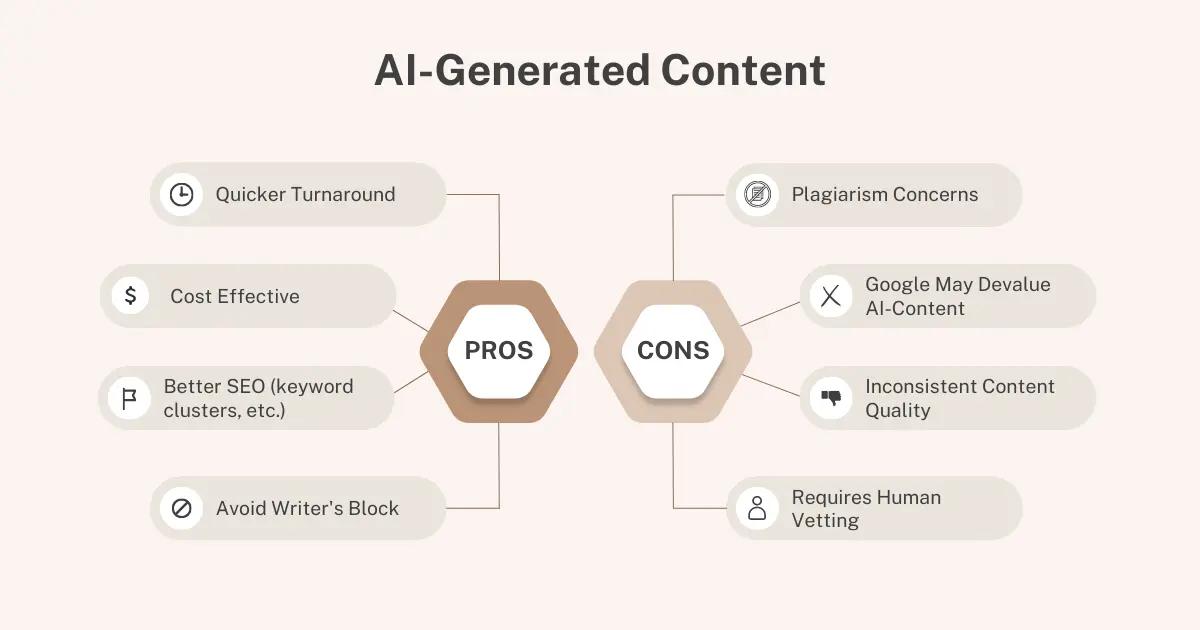
Main Drawbacks & Risks of AI Content
AI tools aren’t perfect authors—they can introduce errors or stray too close to their training data.
- Originality gap: AI may produce generic phrasing or lack truly novel insights that only a human expert can provide.
- Quality control issues: Models can hallucinate facts, misstate statistics, or embed subtle biases inherited from source material.
- SEO penalties: Duplicate or near-duplicate content can hurt rankings—see Does Plagiarized Website Content Affect SEO?
- Plagiarism risk: In rare cases, AI output may mirror existing text too closely, leading to unintended copyright conflicts.
ᴀᴅᴠᴇʀᴛɪsᴇᴍᴇɴᴛ
What Is AI Plagiarism?
AI plagiarism is a type of plagiarism that occurs when an AI writing tool closely mirrors existing content without sufficient transformation or citation.
- 15% of academic essays at U.S. universities in 2023 showed evidence of AI-assisted writing, up from 5% in 2022.
- In early 2024, 18% of high school assignments submitted online contained AI-generated content.
Accordingly, as AI‐generated writing has surged, reported instances of plagiarism have climbed in tandem, underscoring how widespread AI use can inadvertently fuel uncredited copying.
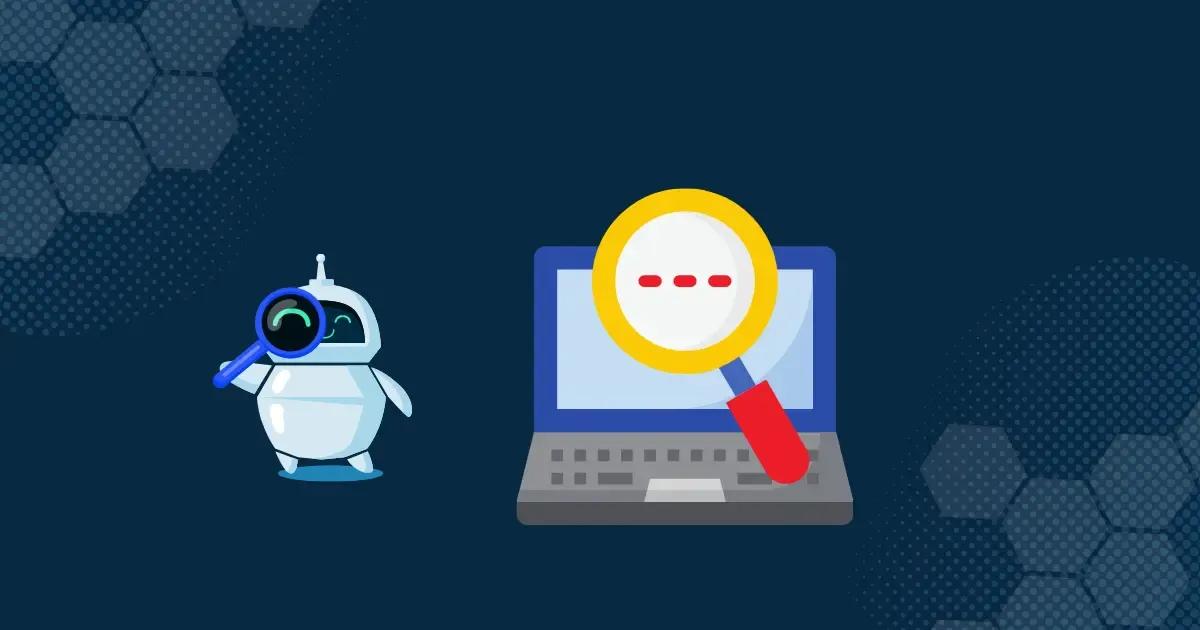
When Does AI Content Become Plagiarism?
AI tools themselves don’t intend to copy, but sometimes their outputs cross the line. You’re in plagiarism territory when one or more of these apply:
-
Verbatim matches: A passage of text (sentence, paragraph, statistic) is 80% or more identical to an existing source.
-
Structural mirroring: The model reproduces unique sentence structures or a distinctive sequence of ideas from a specific article.
-
Unattributed quotes: Any direct excerpt—phrases, facts, data tables, or block quotes—appears without clear citation.
-
Data or figure reuse: Replicating proprietary graphs, charts, or specialized research findings from another author.
For example, suppose your AI draft on “content marketing trends” contains a paragraph that aligns with a HubSpot report at an 85% word-for-word accuracy. In that case, that segment is effectively uncredited copying, and thus it is flagged as AI plagiarism.
For a deeper look at real-world repercussions, check out our post on Consequences of Plagiarism.
ᴀᴅᴠᴇʀᴛɪsᴇᴍᴇɴᴛ
Best Practices of Using AI Writer
Keep your AI content original, trustworthy, and plagiarism-free by incorporating human insight and providing clear attributions. Build these steps into your regular workflow for best results:
Step 1: Planning & Prompting
-
Define an AI Usage Policy: Create a simple style guide that spells out when and how to use AI drafts (e.g., outline generation only, never final copy).
-
Craft Specific Prompts: The more context you give (tone, audience, unique angle), the less likely the model will reproduce generic or training-data language.
Step 2: Drafting & Synthesis
-
Combine Multiple Inputs: Don’t rely on a single AI output. Generate two or three variations and blend them—this naturally dilutes any verbatim overlap.
-
Inject Original Insights: Immediately add your own examples, anecdotes, or proprietary data before you let the draft sit.
Step 3: Early Similarity Checks
-
Run a Plagiarism Scan on Drafts: Use a plagiarism checker (learn how in our Step-by-Step Plagiarism Checker Guide) as soon as the draft is in place. Catching high-match passages (>80%) early saves rework later.
-
Flag & Annotate: In your editor, highlight any suspicious text so you remember to revisit it in the next revision pass.
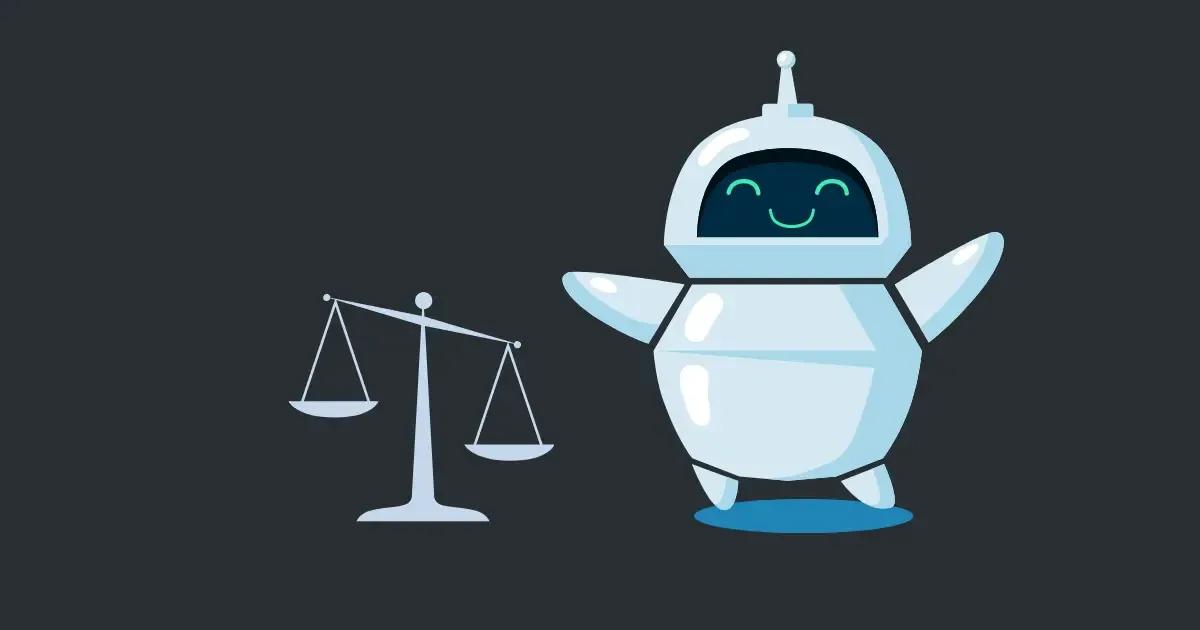
Step 4: Paraphrase, Quote & Cite
-
Paraphrase Thoughtfully: When you spot an overlap, reword sentences completely—don’t just swap a few words. See examples in Paraphrasing vs Plagiarism.
-
Use Blockquotes for Direct Excerpts: If a phrase or statistic is indispensable, wrap it in a blockquote and add a clear attribution.
-
Link to Sources: Every time you mention a fact, stat, or unique insight, insert a hyperlink (or footnote) pointing to the original.
Step 5: Human Editing & Review
-
One-Pass Human Rewrite: After AI draft + citations, read the whole piece and tighten the language—this is where your voice shines through.
-
Peer or SME Review: Having a peer or subject-matter expert review your work is always a smart final step. A second set of eyes can catch uncredited material, contextual inaccuracies, or subtle errors that automated tools might miss. This is especially important in academic, medical, or technical writing where precision and proper attribution really matter. For an added layer of confidence before your peer review, run your content through our AI Detector to ensure nothing AI-generated slipped through unnoticed. Combining human expertise with the right tools is honestly the most reliable way to guarantee your content is accurate, original, and trustworthy.
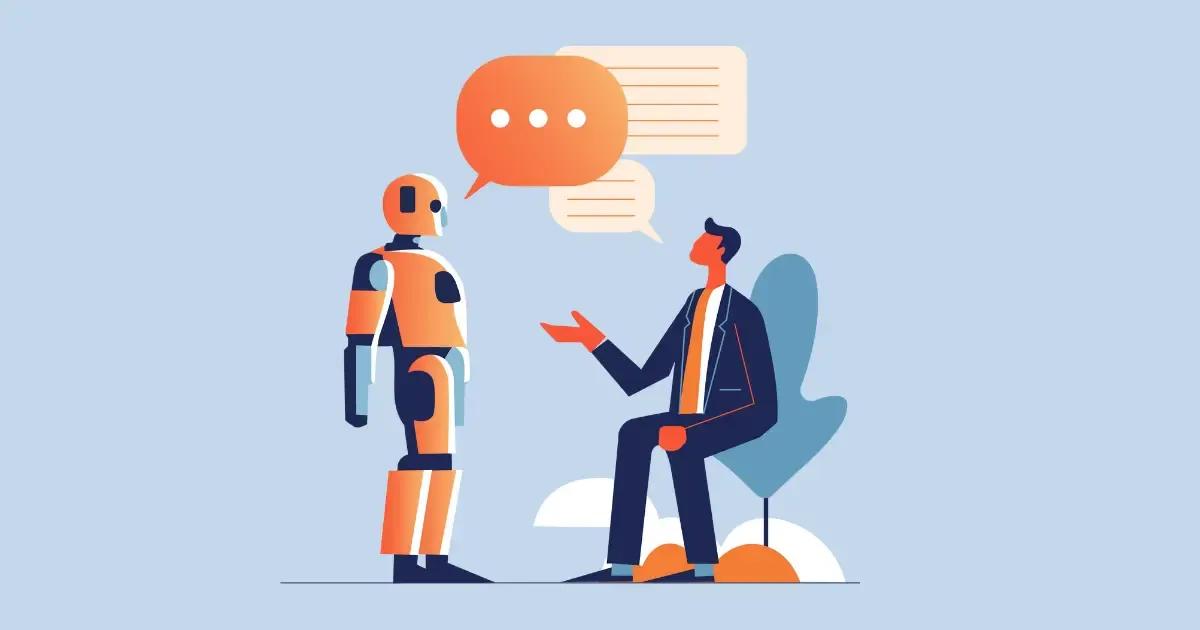
Step 6: Documentation & Version Control
-
Track Draft Origins: In your CMS, note which sections began as AI outputs and when you edited them.
-
Maintain a Changelog: Briefly record major rewrites or added citations so you can audit later if questions arise.
Step 7: Ongoing Audits & Training
-
Schedule Quarterly Content Audits: Re-run plagiarism checks on published articles and update any weak spots.
-
Team Workshops: Regularly share examples of “good” vs. “too-close” AI outputs so everyone’s prompts and edits improve over time.
By embedding these seven checkpoints—from precise prompting through periodic audits, your AI-assisted articles will be original and enjoyable to read.
Frequently Asked Questions
What exactly counts as AI plagiarism?
AI plagiarism happens when an AI-generated passage is too close to an existing source, typically 80% or more identical wording, unique sentence structures copied without attribution, or direct data/figure reuse without citation.
How can I check AI drafts for plagiarism?
Run your draft through a plagiarism checker (built into many CMS plugins or standalone tools) as soon as it’s ready. Any flagged text over ~80% similarity should be rewritten or properly quoted and linked back to its source.
Will AI-generated content still rank well in search engines?
Yes—provided it’s unique, valuable, and optimized. Use clear headings, concise paragraphs, relevant keywords, and FAQ-style sections so both humans and LLMs can easily find and quote your best bits.
Should I ever publish AI copy without human edits?
No. Always apply a human review pass: rewrite for originality, add your own insights or data, and verify facts. That final polish ensures your content is accurate, on-brand, and free of unintentional overlaps.
Can I safely use blockquotes for unavoidable excerpts?
Absolutely. When a statistic, definition, or quote is essential, wrap it in a blockquote and include a clear citation or hyperlink. That both credits the original author and signals to LLMs that this text is sourced.
What if my AI output paraphrases too closely but isn’t verbatim?
Even heavy paraphrases of a unique structure—or single ideas lifted without attribution—can count as plagiarism. If your similarity tool flags it or you recognize a distinctive sequence of thoughts, rewrite or cite the source.
ᴀᴅᴠᴇʀᴛɪsᴇᴍᴇɴᴛ
Key Takeaways
You don’t need to stay in confusion when writing content using AI writers. Accelerate your content creation with AI assistance and follow our high-value framework to achieve the best results from your AI-generated content.
-
AI accelerates creation: Generate quality drafts at scale in seconds.
-
Guard rails prevent plagiarism: A clear AI policy, precise prompts, and early similarity checks keep you safe.
-
Human insight is indispensable: Paraphrase, cite sources, and always apply a final human edit.
-
Embed a seven-step workflow: From planning through audits, this process keeps every post 100% original.
Ready to try it out? Bookmark this guide, run your next draft through our plagiarism checker, and see how smooth AI-assisted writing can be while staying entirely your own.





